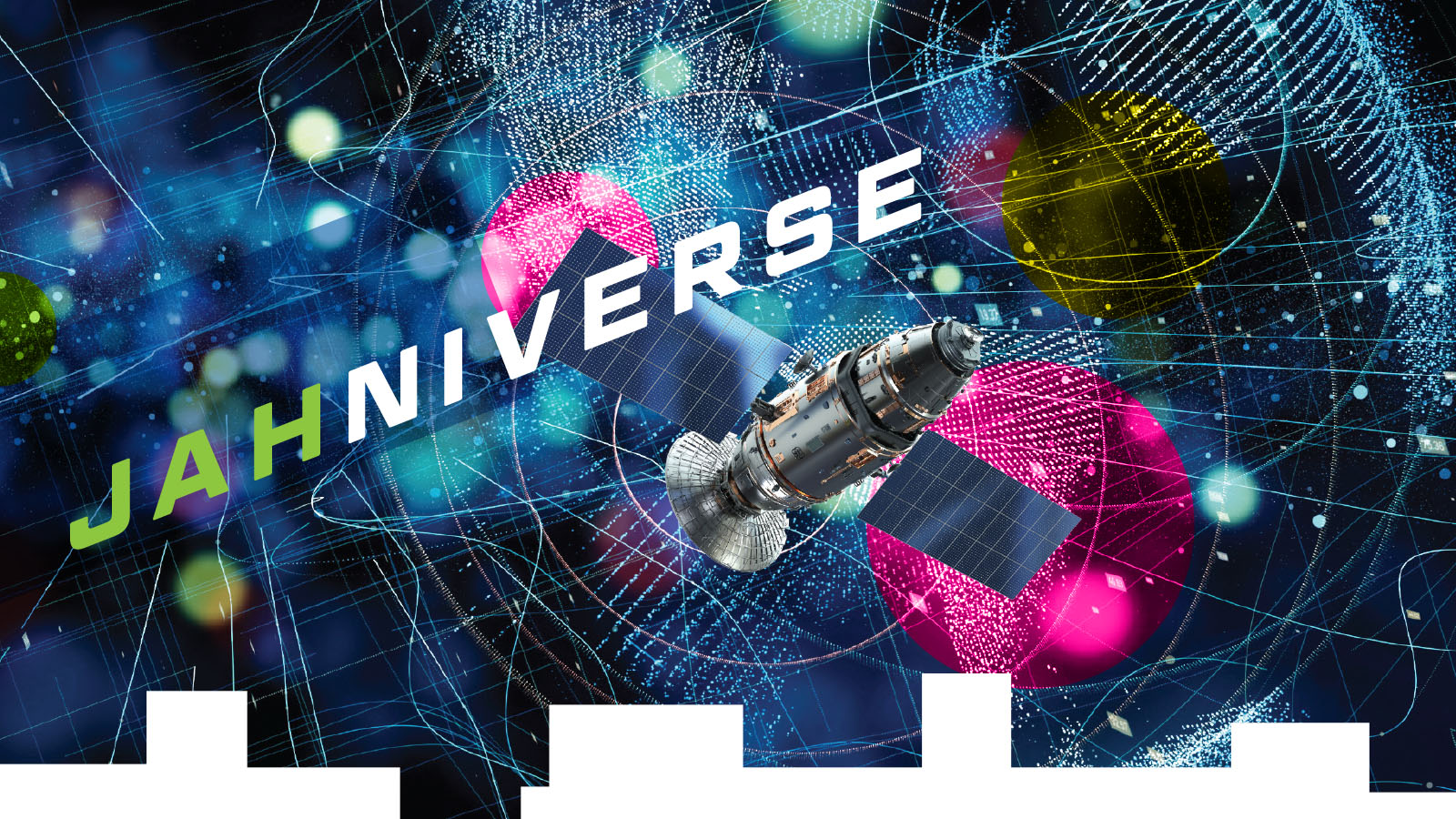Aerospace America publishes a rice variety of opinions relevant to the future of aerospace. The views expressed are those of the author(s) and do not necessarily reflect those of our publisher, AIAA.
Indigenous peoples through history have something to teach us about prospering in austere environments. Many of their cultures recognized that humans do not exist above or separately from nature, but rather, they are deeply intertwined with it: coexistence rather than conflict. These peoples lived well for thousands of years by balancing resources, community health and the needs of the land that sustained them.
We should listen to them as we seek to settle on the moon, Mars and beyond. Overcoming our biological limitations will be challenging enough (See “Homo sapiens: making us suited for the stars,” February/March). We’ll also need the right culture.
That culture will be one that recognizes our interconnectedness. From that recognition comes inclusivity. This likely explains why many indigenous cultures, for example, embraced lesbian, gay, bisexual and transgender people. They depended on their two-souled or two-spirited compatriots.
Listen to Myron Long Soldier, an elder of the Omaha people. He recalled to journalist Bobby Caina Calvan in 2015 that “Native Americans treated two-spirited people with sacredness and reverence.” The story is on the website of the Nebraska Commission on Indian Affairs. Or consider the Lakota winkte, described in some accounts as men with mannerisms more often identified with women. They, too, were viewed as “sacred or divine.” Their wisdom and visions were sought by military commanders, according to an account on the website of the South Dakota Public Broadcasting radio station.
Reaching the moon and Mars and prospering there will require that kind of respect for everyone. Respect is the catalyst for teamwork and the freedom to voice bold ideas. It’s what will inspire our leaders to look for the best and brightest throughout society, not just in their personal networks, in favored neighborhoods or at their alma maters. Success will rule out exclusionary policies like those we are seeing today in the United States, such as the ban on openly transgender people joining the military.
The history of space exploration so far also has much to teach us. We now know that landing astronauts on the moon six times involved contributions from a unit of African American women at NASA’s Langley Research Center in Virginia, a story recounted in the book and 2016 film “Hidden Figures.” Imagine what could have been accomplished sooner if these talented people had been proactively discovered, encouraged and elevated. Those who don’t look like or live like the majority should not have to remain hidden. Lifting such people up was just starting to happen, but now it’s being discouraged or banned in my country. If we are going to lead the way into space, we’ll need to get back to that.
Of course, there is a countervailing view, one that says that by excluding certain groups of people, or pretending they don’t exist, we can make things run more smoothly. Since no one is made uncomfortable by someone different from them, everyone thinks the same way, and there is no conflict. In mathematics, there is something called the trivial solution, which is a simple solution to one or more equations that is easy to find and is also not meaningful, like obtaining variables all equal to zero. Likewise, seeking to achieve coexistence by excluding everyone that doesn’t fit a very specific demographic is the equivalent of the trivial solution: It’s easy to find and is also not meaningful. In fact, it’s flawed.
Excluding people based on their gender, identity or beliefs reduces the talent pool and crimps creative thought. Even more fundamentally, surviving in space will demand everything from us, including passion for our views. There will always be conflicts and disagreements about the best courses of action. It’s inevitable. The way we handle those conflicts will determine whether we fail or thrive. Conflict resolution must be done in a manner that respects everyone involved, achieving coexistence. A space settlement built on exclusion and silence will be a ticking time bomb, waiting to implode under the pressures of isolation, stress and conflict.
Here, too, indigenous cultures have something to teach us. It’s the concept of restorative justice in the cases when there are transgressions. Today’s justice systems typically prioritize punishment over healing, while indigenous communities have historically focused on reconciliation and restoring balance. In a space settlement, a near-total focus on punishing transgressors will make everyone less secure by requiring scarce resources to be wasted on a vast prison system. Survival will depend on cooperation, empathy and understanding, so that as many transgressions as possible can be averted in the first place, and as many transgressors as possible can be reformed.
We would do well to begin practicing this now on Earth. If we can’t manage conflict here without always resorting to punishment and exclusion, how can we expect to thrive in the extreme conditions of another planet?
In the final analysis, this issue isn’t just about space exploration and settlement — it’s about the kind of society we want to build. Do we want to carry Earth’s dysfunctions into space? Or do we want to learn from the mistakes of the past and build something truly sustainable? Right now, we are not ready for Mars. We are not ready for space settlements. We won’t be ready until we understand that inclusion, collaboration and restorative justice are required ingredients moving forward. In the meantime, we have no business reaching for the stars.




